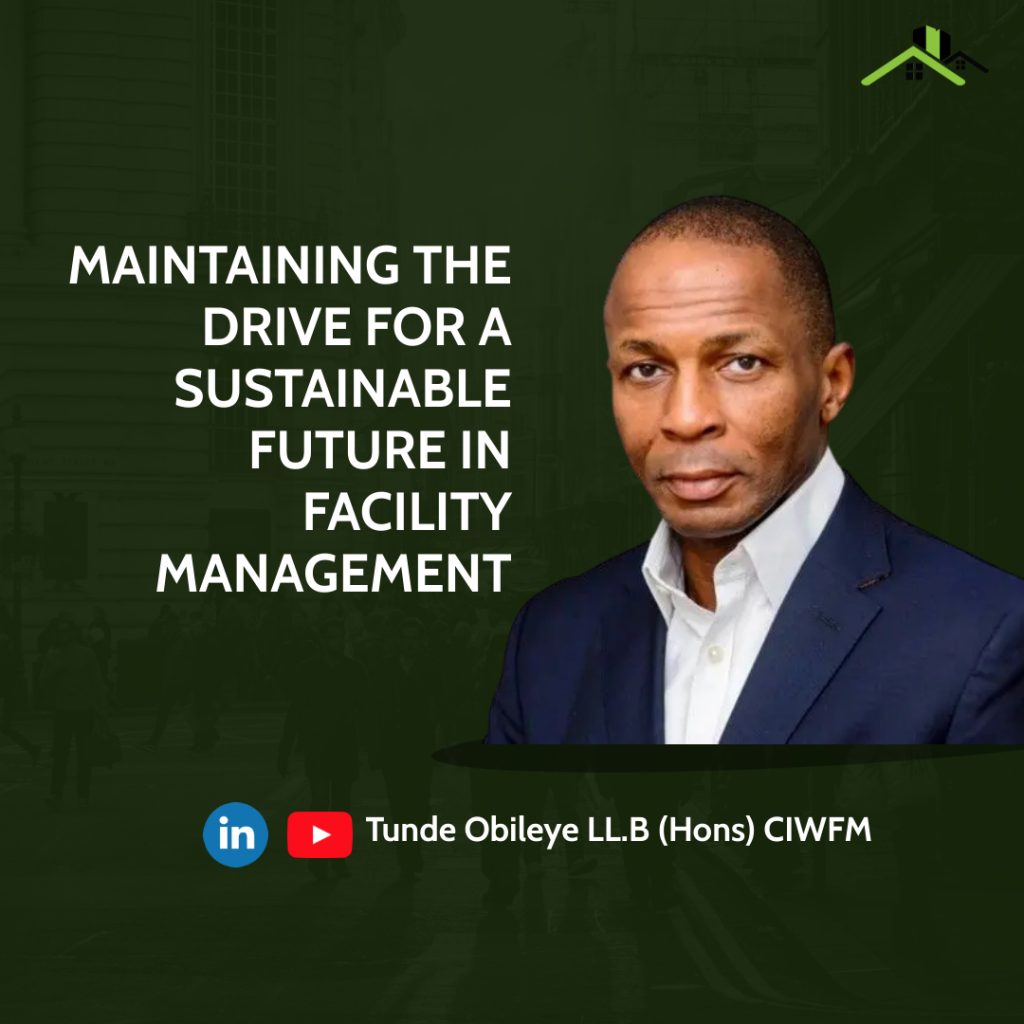
Sustainability is one of the most frequently heard buzzwords when our future development is brought to the fore, regardless of whether it is about the future of our society, businesses, nature or the planet itself. Even though the word “sustainability” has become somewhat trendy and its usage has increased in recent years, its concept is not new. The concept of sustainability first appeared in the 1987 Brundtland report produced for the UN.
Understanding what it really means, understanding our relationship with nature and why we need to become more sustainable is one of the most crucial situations facing the world today. It should come as no surprise that this topic concerns everyone including the biggest global corporations.
Sustainability is a complex concept that has attracted different definitions however one point is clear, it is not a trend but a concept that is bringing profound change in the social, economic and environmental aspects of our daily lives.
With the changing outlook towards sustainability, business leaders continue to face the real challenge of securing the bottom line of their organizations, ensuring the welfare of their employees, and the planet such as adoption of greener technologies, conserving energy and reducing pollution which leads to better living environment and public health.
While many companies talk the talk of sustainability, claiming to be integrating environmental and societal concerns into their business models, a far fewer number of them actually walk the walk. Sustainability is typically treated by most managers as someone else’s problem and relegated to a department or even a single individual.
Therefore, facilities managers or FM practitioners ought to play their part in how best to successfully support their organizations in transforming the corporate business models as a catalyst for a new way of understanding the long-term sustainable vision and seeking a balance between the social, economic and environmental targets.
As key players in the workplace and facilities management space, facilities managers should introduce sustainable practices in the day-to-day maintenance activities as well as putting together a strategic plan. This will include conscious actions such as cutting down excess energy usage and switching to sustainable sources such as wind, hydropower and solar. Another focus area for the strategic plan will be waste management. Generally, the way we dispose of waste is troubling. The goal of sustainable waste management is to reduce the number of natural resources consumed, reuse the materials taken from nature as much as possible and create as minimal waste as possible.
For sustainability progress to be maintained, the following recommendations are provided for facilities managers to consider as part of the organizational model and culture.
Establish purpose-based values on sustainability.
Include sustainability as part of corporate strategy.
Train employees and incentivize actions that advance sustainability.
Create a sustainability culture in your organization.
Conduct business with sustainability in mind.
Small actions make a big difference, if facilities managers encourage all employees do what they can in their own spheres of influence, impact will take place.

2 Comments
Hello there! This blog post could not be written much better!
Reading through this article reminds me of my previous roommate!
He continually kept talking about this. I most certainly will send
this post to him. Fairly certain he will have a good read.
Thank you for sharing!
I’ll right away seize your rss as I can not find your
email subscription hyperlink or newsletter service. Do you’ve any?
Please permit me recognise so that I may subscribe.
Thanks.